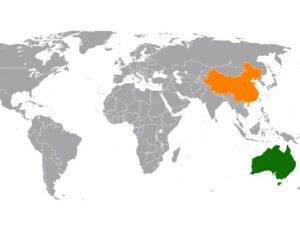One of Australia’s three key strategic objectives is to “deter actions against our interests”, although what this means in practice is largely unexamined. Yet the concept of deterrence is frequently used to justify acquiring expensive, high-tech weapons platforms and systems. But what does the government envisage the submarines, new naval vessels, F-35s, and variety of long-range missiles will deter? In Australia’s strategic circumstances, what part can deterrence play in its strategic policy?
Read more


